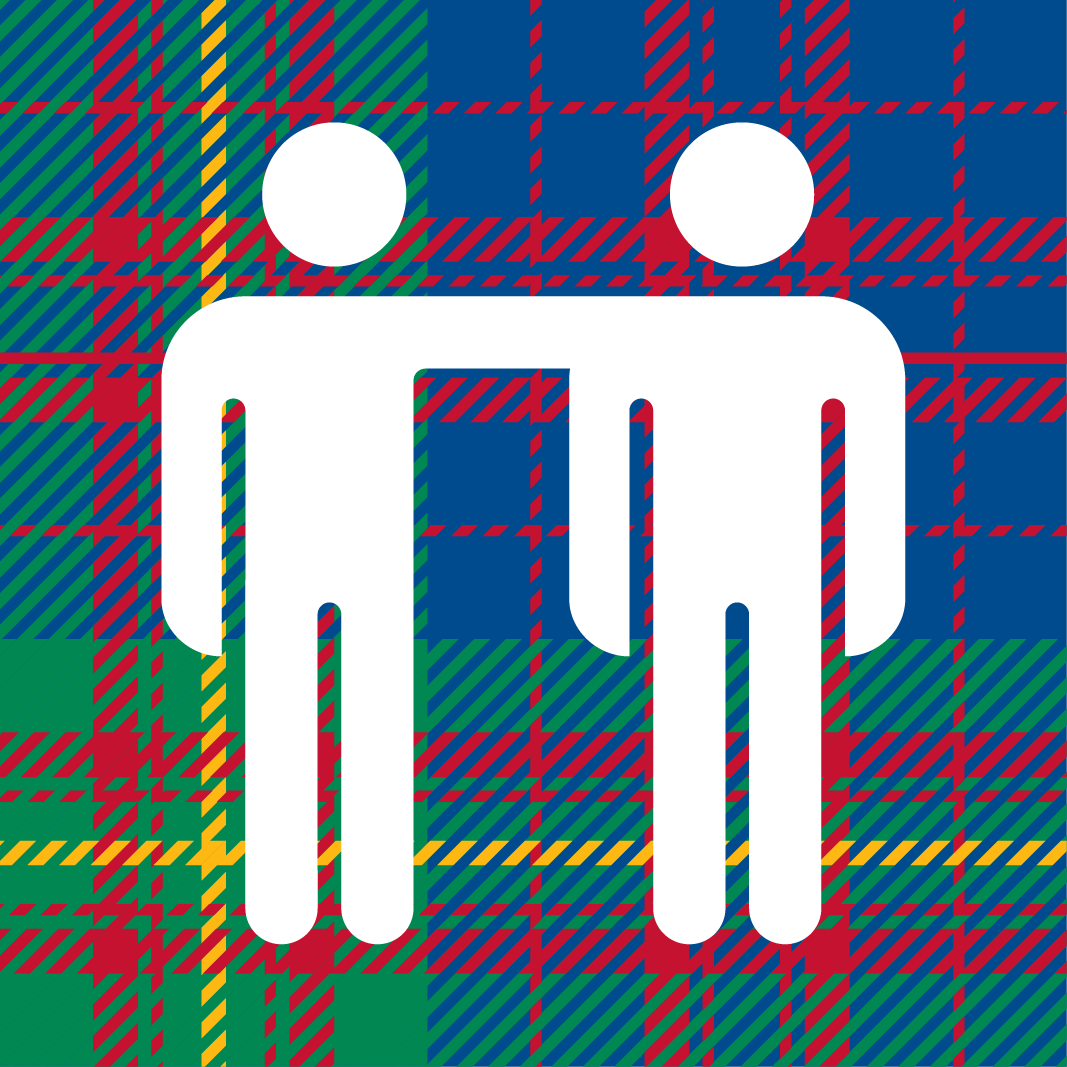Most of us living in the United States are members of the largest representative democracy in the world. Yet, in a system designed to operate with well-informed and fully engaged participants, four in ten Americans who could vote chose not to for the 2016 presidential election. Many citizens demonstrate a lack of understanding of their chosen candidate’s policy stances, and simultaneously a significant majority of citizens vote along partisan lines; this may point to voters taking shortcuts when determining who to back. Clearly, this is not the ideal form of a democracy.
While it seems obvious that being politically aware and politically active are important to the health of any democracy, there seems to be a gap between that understanding and the reality of political engagement. In a government system where the people and the state are designed to be closely intertwined, why are there deterrents that serve to widen the distance?
What can we do to become more engaged in our political processes? What hinders the ability of citizens to engage with politics? How can we surmount the walls that separate us from our political representatives?
